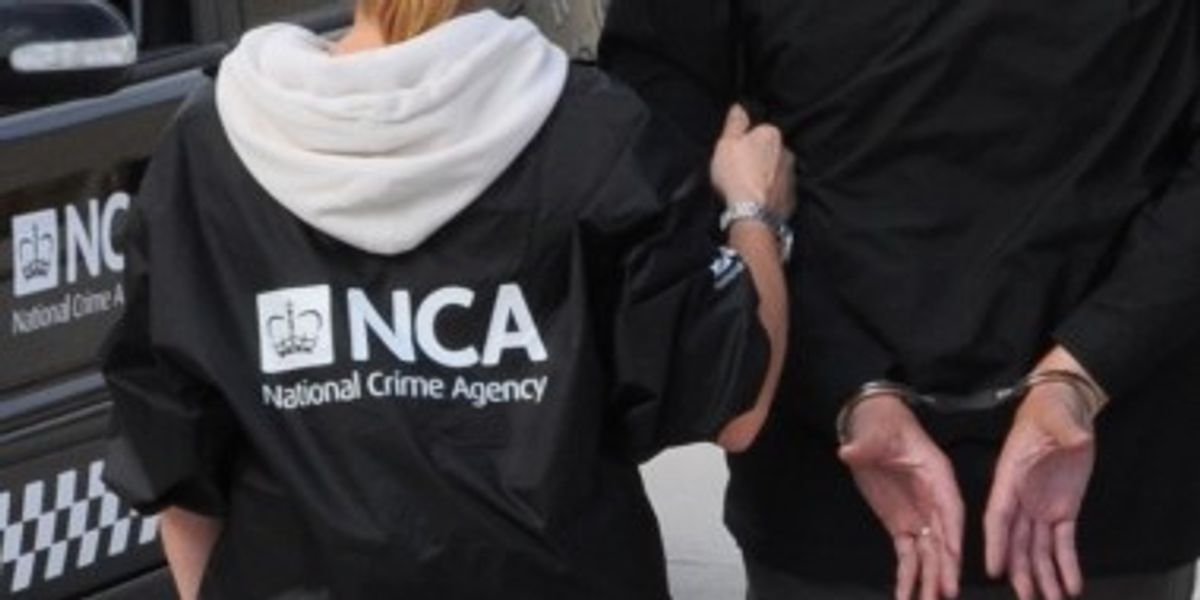Drivers are being warned to prepare for expected eyesight rule changes which could have an impact on older motorists.
Experts are forecasting that new eyesight rules could be introduced over the next year in a bid to improve road safety.
The 2024 DVSA Business Plan (2023 to 2024) document outlines the organisation’s plans for the coming year to make motoring “safer, greener and healthier”.
In the strategy, the DVSA notes how it is considering how the eyesight test is administered during a driving test.
Drivers may have to inform the DVLA if they have issues with their eyesight
GETTY
It said that there are plans to engage with the DVLA’s Medical Panel to ensure any rule changes and new procedures meet the current standards.
Any potential changes made to the eyesight testing rules have been put forward in a public consultation.
Most respondents to the consultation supported the proposals to have more flexibility about how the eyesight test is conducted.
The DVSA stated: “The aim of the change is to provide more flexibility about when the driving test is conducted and in different levels of light.”
Currently, when taking a driving test, motorists must be able to read a standard number plate manufactured after 2001 from a distance of 20 metres.
One expert suggested that this could have an impact on elderly drivers, who may suffer from vision problems.
Tim Alcock from LeaseCar.uk, said: “The skills needed to drive in the dark are different from those needed in daylight, which means more people than ever could see their licences revoked if they fail a potentially new eyesight test.
“Although we don’t know exactly what the new rules will be, the DVSA has highlighted the lack of light levels in current eye tests as a problem.
“A staggering 17 million drivers in the UK admit to having trouble seeing in the dark, which could be a huge problem if this new eyesight test is introduced.
“We expect they could also take a toll on the number of eligible elderly drivers, who are more likely to have eye conditions and fading night vision.”
The expert also urged drivers to inform the DVLA about any changes to their vision or if they are struggling to be on the road in the dark.
This must be done if someone has a problem with their eyesight that affects both eyes, although this does not include being short or long sighted or colour blind.
LATEST DEVELOPMENTS:
Law changes could be introduced this year
PA
Even if some people have had surgery to correct short sightedness and can still meet the eyesight standards, they do not need to tell the DVLA.
The DVLA is warning that motorists could be prosecuted if they get behind the wheel without meeting the standards of vision for driving.












